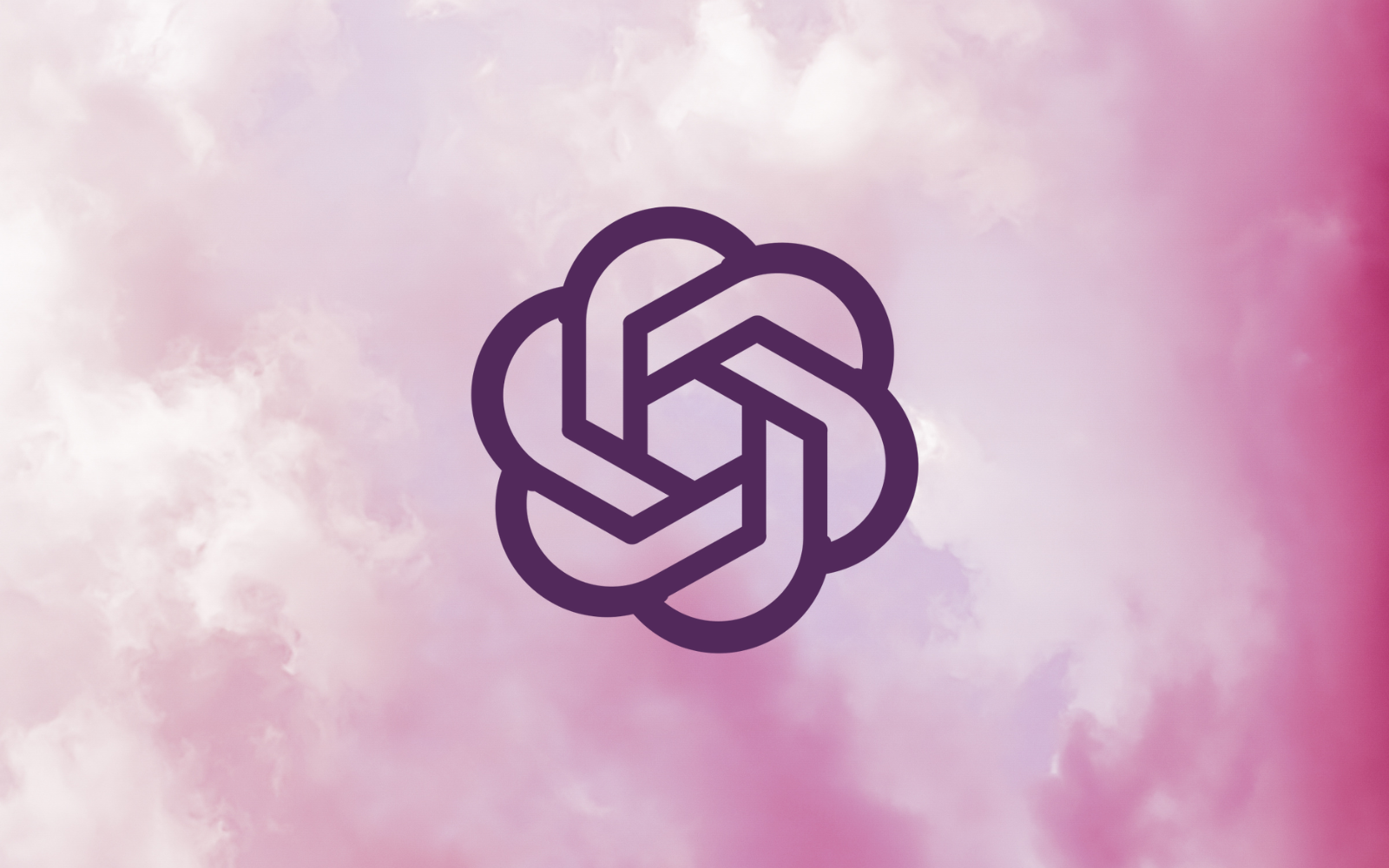It’s about time you start thanking our artificially intelligent overlords, even if this is the fourth time today you’ve hassled it for, uh, scantily-clad Sonic generations. OpenAI just gave ChatGPT a memory – a proper one. Rather than saving specific conversations at your discretion, a feature introduced last year as part of the ‘Memory’ update (is that you, Sean Murray?), the chatbot now remembers what you did last summer.
If memory serves… long may it continue to do so
Starting today, memory in ChatGPT can now reference all of your past chats to provide more personalized responses, drawing on your preferences and interests to make it even more helpful for writing, getting advice, learning, and beyond. pic.twitter.com/s9BrWl94iY
— OpenAI (@OpenAI) April 10, 2025
That’s assuming the feature works correctly, of course, and you’ve shelled out the $200/m fee for ChatGPT Pro, or Plus, which will receive the upgrade “soon”. Despite the company’s many assurances of ChatGPT’s quality these past few years, the large language model still regularly fails to keep up with the pace set by the competition. There’s nothing to say the chatbot will occasionally “hallucinate” facts (in other words, ‘get wrong’) about you.
This doesn’t mean ChatGPT is a blank slate from here on out. OpenAI has made it clear that the AI bot can now refer to all of your past conversations, not just those that were specifically saved previously, “to deliver responses that feel noticeably more relevant and useful.”
Read More: ChatGPT’s new image generator is finally available to free users, kinda
You can, of course, turn off ChatGPT’s memory entirely, either for privacy purposes or simply to remind the chatbot who’s in charge. It’s not like it’ll remember, right? You can do so by logging into ChatGPT, visiting Settings > Personalization > Memory and fiddling with the necessary settings. And if you’ve already opted out of Memory, it will remain so going forward.
If you’d rather wait for it to hit the Team, Enterprise, or Edu subscriptions, you can expect access in “a few weeks.” There are currently no plans to introduce the plan to free users.
Crédito: Link de origem


